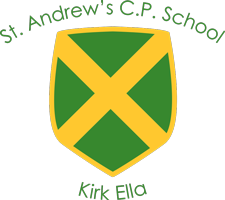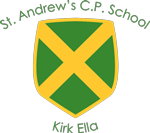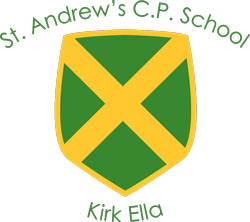Our school SEND coordinator is our Deputy Headteacher Mrs Stevens.
Please contact the main school office if you need to contact her or to arrange an appointment or email: kirkella@eastriding.gov.uk.
She will be able to answer any questions you may have regarding SEND in the school.
What is a local offer?
The local offer provides information on what services children, young people and their families can expect from a range of local agencies, including education, health and social care. Knowing what is out there gives you more choice and therefore more control over what support is right for your child.
The local offer provides information on a number of things, including:
- special educational provision;
- health provision;
- social care provision;
- other educational provision;
- training provision;
- travel arrangements for children and young people to schools, colleges and early years education;
- preparing for adulthood, including housing, employment and leisure opportunities.
Visit the East Riding Local Offer website by clicking below :

Further information:
Our Special Educational Needs and Disabilities Policy and Procedures are written in accordance with the Education Act 1988 and the DfEs New Code of Practice for Special Educational Needs and Disabilities 0-25 years (2014).
The Governor designated to have oversight of this aspect of the school’s work is Mrs Michelle Radge and our Special Educational Needs Coordinator (SENCo) is Mrs. Stevens.
All children are assessed regularly and progression is tracked throughout the year.
Where staff have concerns that a child is not making the expected progress despite ‘quality first teaching’ and suitable differentiation, a ‘Cause for Concern’ will be raised with the parents.
We will then seek parents’ permission to do further assessments with their child. Results from the assessment and proposed ‘catch up’ interventions will be discussed.
This is the start of the school’s graduated response. All interventions are monitored and assessed each half term to ensure that they are effective. If children are not making the expected progress despite the individual interventions programme, alternative interventions may be tried or outside agencies involved for further support.
Where a child has very complex needs and a number of outside agencies have been involved, it may be necessary to request a statutory assessment by the local authority, who will look at all the evidence from the school’s graduated response and ascertain whether an Education and Health Care Plan is necessary to meet the child’s individual needs.
The progress of all children with SEND is monitored in the same way as the rest of the school. Although their starting point may be below that of the majority of children, they will still be expected to make ‘good’ progress.
The top 5% of our pupils are placed on the Gifted and Talented Register. These pupils are identified through on-going assessments.
The school sets for numeracy, phonics and grammar throughout the school. This ensures that these pupils are provided with tasks appropriate to their level of ability.
Teachers also seek to identify and provide challenge for our able pupils through on-going assessments of performance across the whole curriculum.




